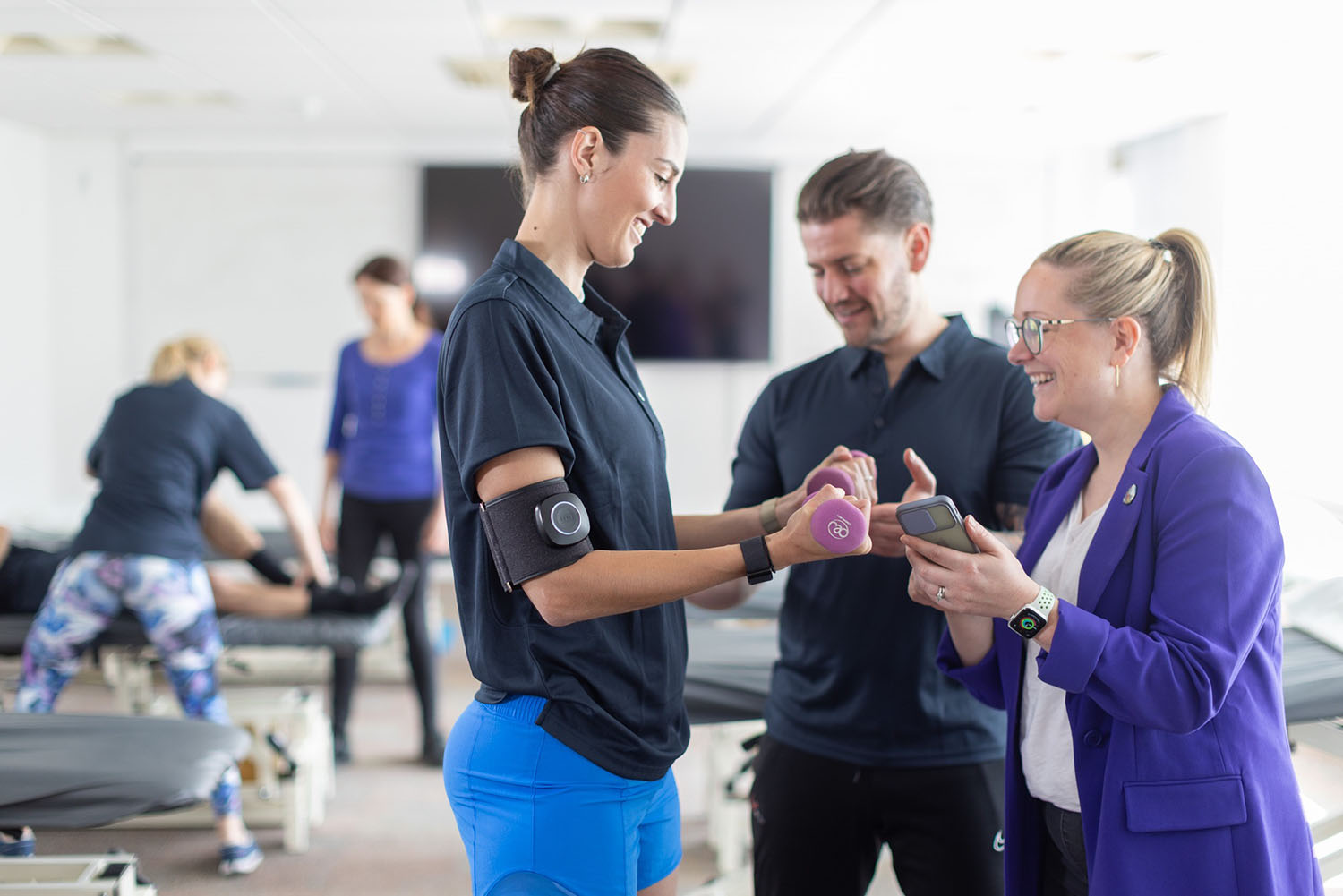

Research at HSU
At HSU, we deliver impactful, inclusive and challenge-led research that improves lives, transforms practice and shapes a better future.
At HSU, we are passionate about research that enables people and communities to thrive. Our work responds to real challenges facing society and focuses on making a meaningful difference to people’s lives, workplaces and communities. Through strong partnerships with patients, communities, industry and the wider health and care sector, we co-create solutions to real-world challenges and support better outcomes for society.
Our research is built on a caring, inclusive and ambitious culture where researchers, students and stakeholders work side by side. We believe the best research happens in environments where a diversity of expertise is valued and people are supported to develop, question and innovate. Whether generating new knowledge, developing creative solutions or testing interventions in real-world settings, our goal is to improve outcomes for current and future generations.
Our work is guided by HSU’s Research, Knowledge Exchange and Innovation (RKE) Strategy, which shapes our priorities and ensures our research delivers meaningful societal benefit.
To focus our ambitions and deepen our impact, our research is organised around three interconnected areas. These reflect the areas where HSU is best placed to lead, influence and make a distinctive contribution:
- Improving the health, wellbeing and quality of life of current and future generations
- Enhancing human performance and functioning
- Innovating for excellence in health care and the health sciences
Together, these areas guide our work and celebrate the discoveries, insights and partnerships that shape our research culture.
Explore our research areas
See how our community is advancing knowledge, delivering impact, and helping to build a healthier, fairer and more resilient future.

Improving the health and well-being and quality of life of current and future generations
Our research is driven by a clear and enduring purpose: to improve the health, wellbeing and quality of life for individuals, families and communities – now and into the future. We focus on generating evidence that supports healthier lives and more effective, compassionate care. This programme of research brings together interdisciplinary work across musculoskeletal (MSK) health and preventive healthcare.

Enhancing human performance and functioning
Our research focuses on understanding, enhancing, and sustaining human performance across a wide range of settings, from elite sport to everyday life. We investigate the physiological, psychological, and social factors that influence how people perform, recover, and thrive, with the ultimate goal of helping individuals and teams achieve their full potential.

Innovating for excellence in health care and the health sciences
Our research drives innovation across health care and health sciences, improving the way health professionals are trained, supported and enabled to deliver safe, effective, and compassionate care. We focus on developing people and practices that strengthen the quality and sustainability of health and care provision. We combine academic inquiry with real-world application, including studies conducted in our on-site clinics, where we test interventions, evaluate treatments, and develop evidence-based best practice.
Research Excellence and impact
How our research was assessed in the Research Excellence Framework (REF) 2021:
93%
Percentage of HSU’s research outputs rated as internationally recognised or higher.
84%
Percentage of HSU’s research delivering considerable impact or higher.
Explore Research and Knowledge Exchange at HSU

Research Centres at HSU
Discover our Research Centres: Explore our specialist research centres and find out how our experts are advancing knowledge, shaping practice and delivering real-world change.
Learn More
Research Degree (PhD)
Postgraduate Research Opportunities: Join our supportive research community and work with experienced supervisors on projects that make a difference.
Learn More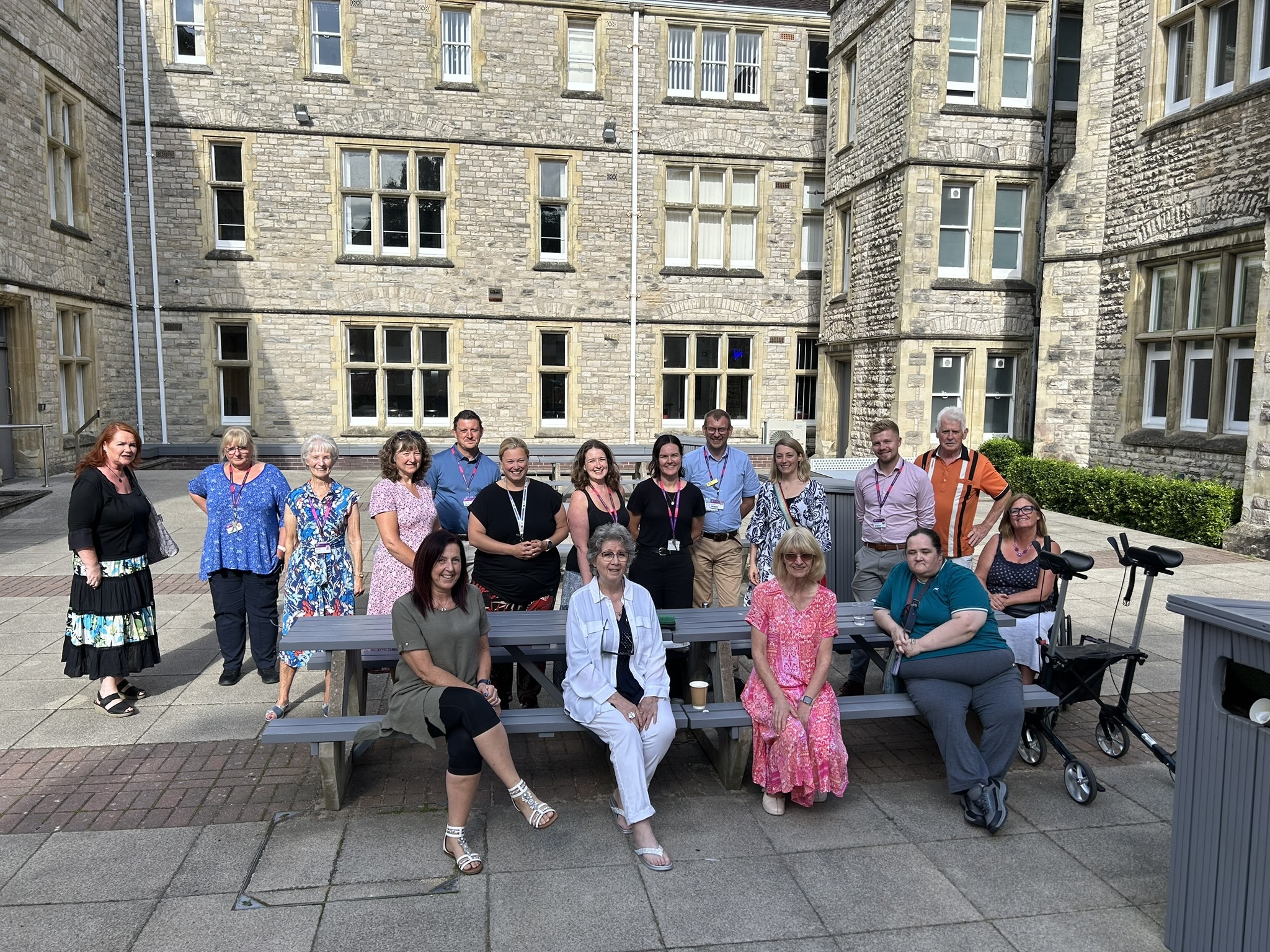
Patient & Public Involvement
Join SPaCE: Public and Community Involvement: Help shape our research by sharing your lived experience, insight and ideas through our SPaCE involvement group.
Learn More
Academic Staff
Find a Researcher: Search our academic staff profiles to discover expertise, projects and potential collaborators.
Learn More
Collaborate with us
Collaboration with partners is a fundamental part of our culture at HSU. By working together with organisations, practitioners, and communities, we ensure our research is relevant, impactful, and grounded in real-world needs. Whether through contract research, consultancy, professional development, or bespoke training, our partnerships create opportunities to generate and mobilise knowledge, share expertise, and drive innovation.
Our collaborative approach is built on partnership, transparency, and mutual benefit. By engaging with us, you can:
- Co-develop projects and interventions with our research teams to tackle real-world challenges
- Commission research or evaluation to generate evidence for policy, practice, or innovation
- Access consultancy expertise across health, performance, education, and workforce development
- Deliver bespoke CPD or training programmes to build skills and capability within your team or organisation
Collaborate with HSU to co-create knowledge, solve problems, and make a lasting impact.
Latest Research News
Stay up to date with our discoveries, events and impact stories from across the HSU research community.

An innovation developed through HSU’s Centre for Osteopathic Research and Leadership (CORaL) has been selected by the World Health Organization as one of just 21 projects worldwide to feature at the WHO Global Summit.
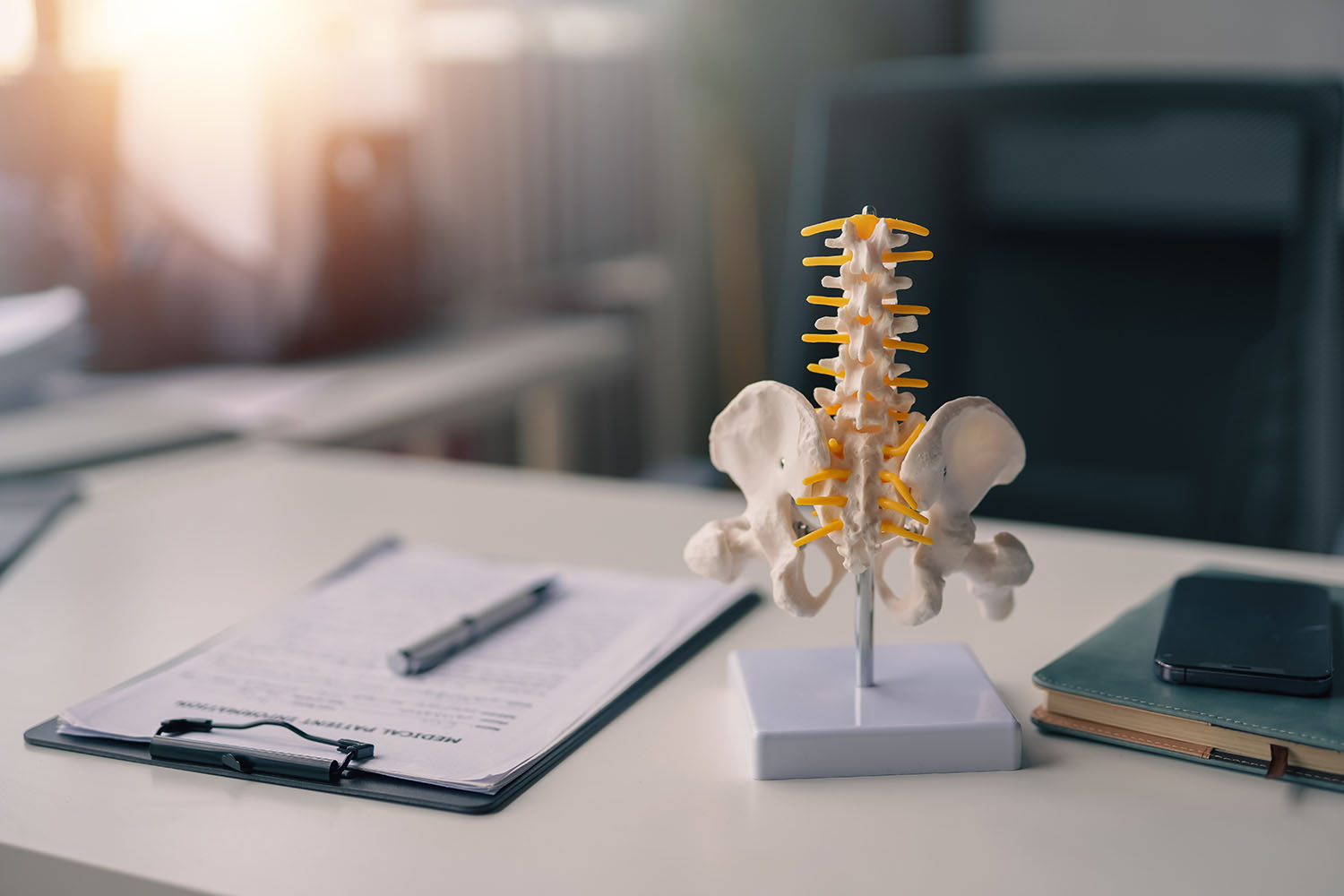
In October, HSU was pleased to celebrate the publication of the Priorities for Osteopathic Care (PROCare) study in BMJ Open.
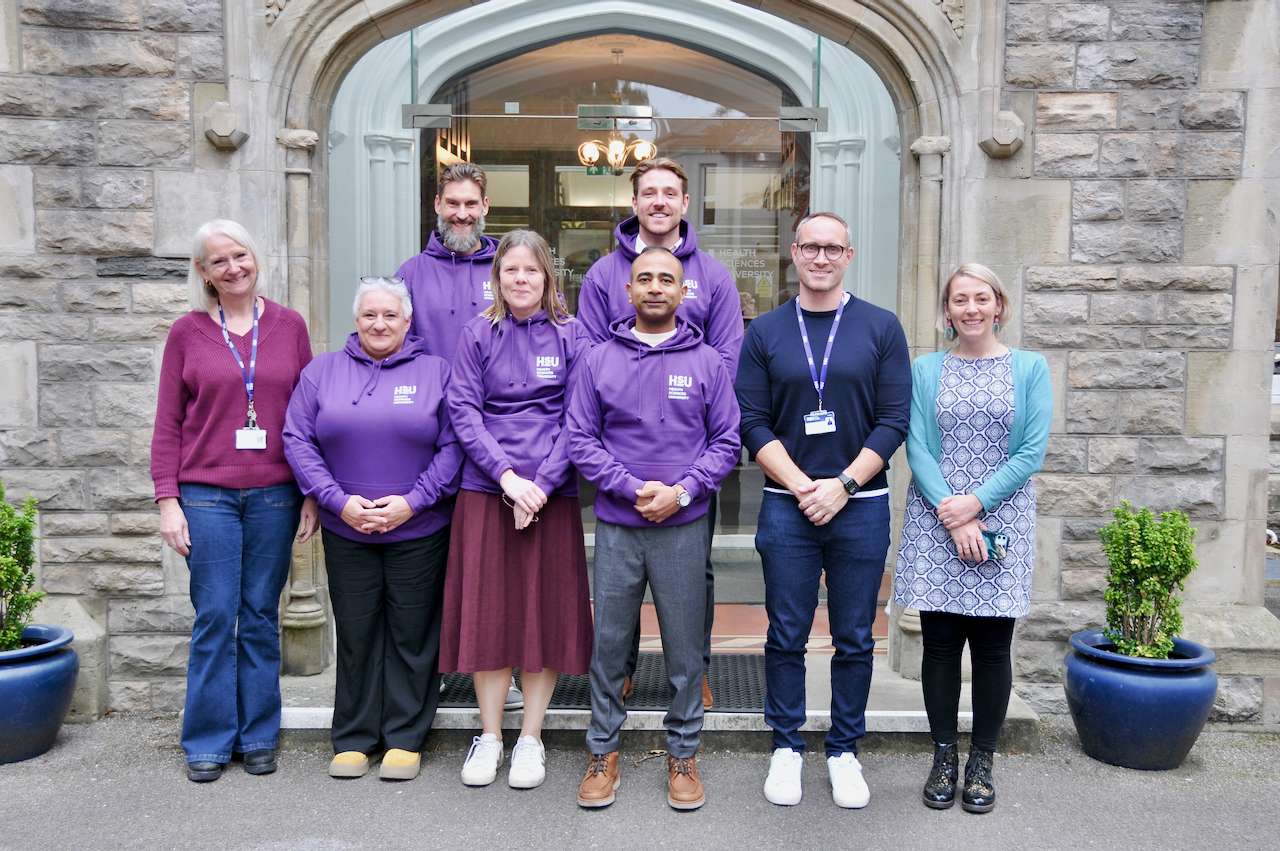
Earlier this week, we were pleased to welcome 13 new PhD students to Health Sciences University during our induction event.
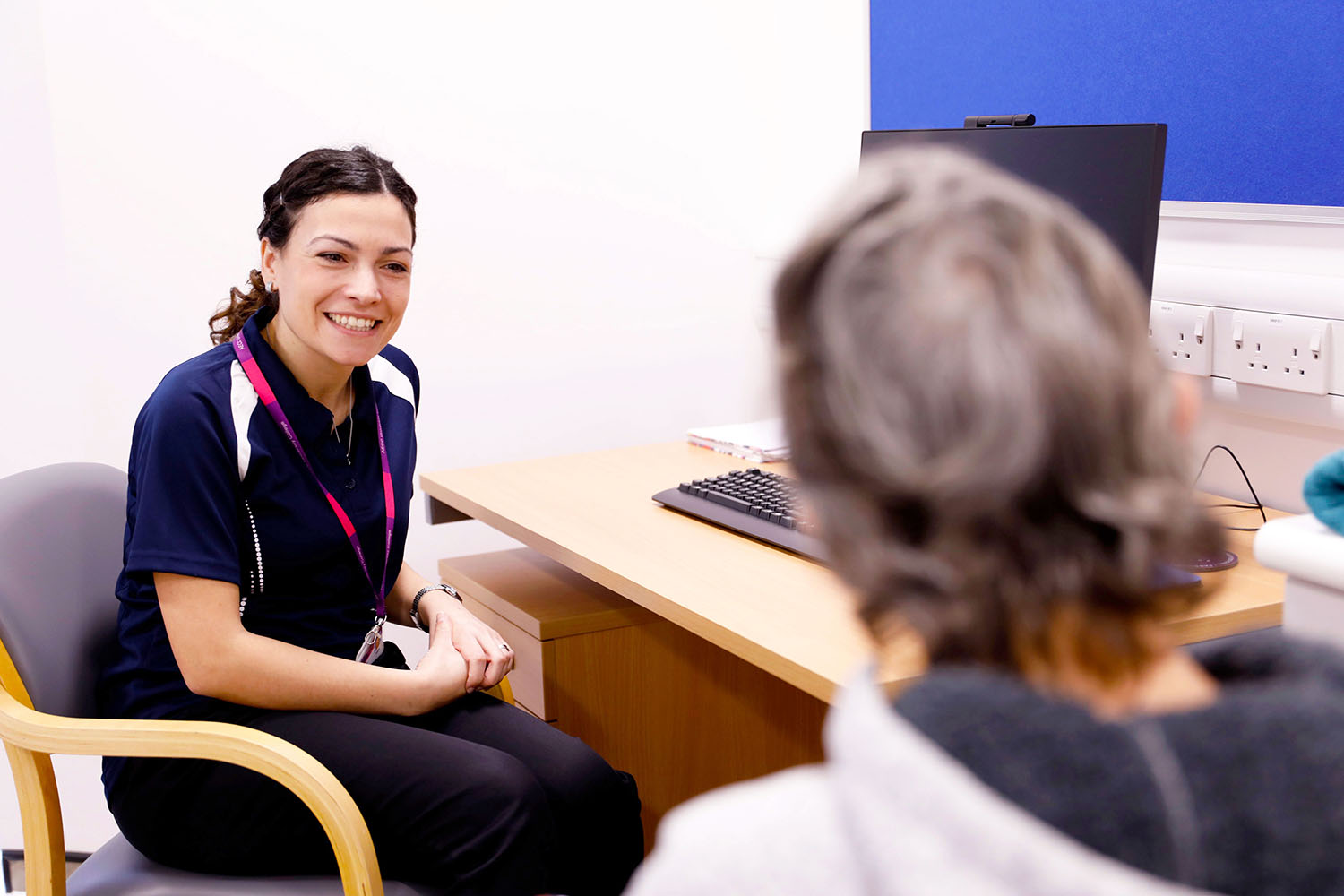
We're proud to share exciting research from Professor Steven Vogel and Emeritus Professor Alan Breen at HSU, part of a unique longitudinal study examining how UK chiropractors, osteopaths and physiotherapists manage low back pain.
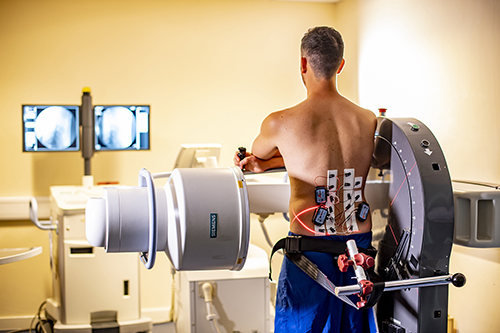
The Chiropractic Research Council (CRC) has gifted its funds to the new National Centre for Chiropractic Research (NCCR) based at Health Sciences University (HSU) and in partnership with London South Bank University, McTimoney College, Teesside University, and the University of South Wales.

